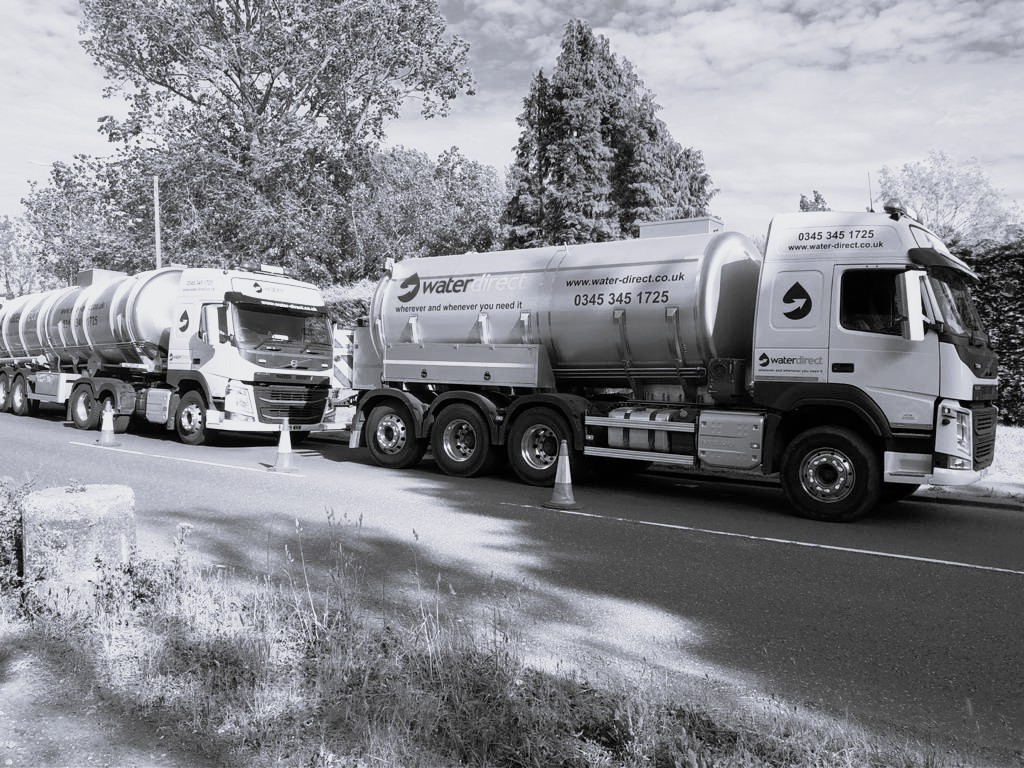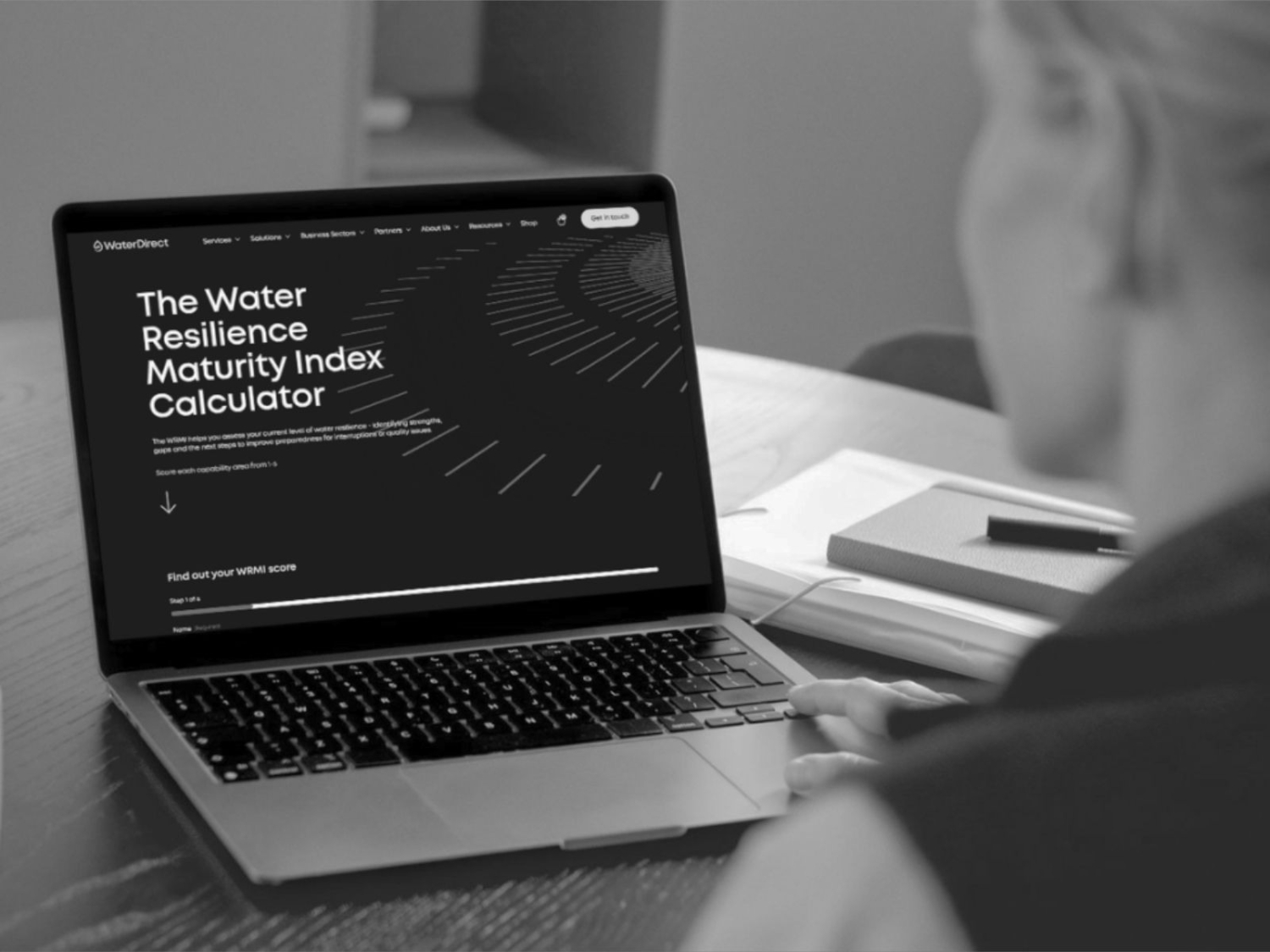
Why Water Contingency Planning Should Be a Business Priority
The Key to Uninterrupted Operations
In recent headlines, there’s been increasing pressure on water companies to swiftly address household water supply interruptions. But have you ever stopped to consider the potential impact of such an interruption on your business?
After recent large-scale water supply issues, we’ve heard from numerous businesses severely impacted by a sudden loss of water. What many once considered a guaranteed utility has now become a hidden risk — a risk that businesses often ignore until it’s too late.
For most organisations, water is an essential, yet often underappreciated, resource. While power failures and cyberattacks are frequently prioritised in business continuity plans, water disruptions rarely receive the same level of attention. However, we’ve seen firsthand that a sudden loss of water can be just as catastrophic, halting production, forcing temporary closures, and potentially leading to regulatory breaches and significant financial losses.
An overlooked risk in business continuity
But research suggests that the majority of businesses still lack a formal plan to manage water supply or quality disruptions. This oversight leaves them exposed to serious operational, financial, and reputational risks.
The frequency of water supply interruptions is increasing, and businesses are often unprepared when these events strike. Unlike power outages, which tend to trigger immediate attention and backup systems, water disruptions can leave organisations scrambling with few viable options.
What makes the situation more complex is that when a domestic water supply fails, households can rely on their utility company to resolve the issue – typically within a specific timeframe. But businesses are left with no such assurance. In the UK, water wholesalers are not obligated to resolve business supply issues as quickly or as efficiently, meaning companies are left to manage water continuity themselves. Without a robust plan in place, a disruption can quickly lead to operational shut downs, forced closures, and massive financial losses.
The Shift Towards Proactive Water Resilience
Fortunately, the tide is beginning to turn. Businesses are starting to view water security as essential — just like IT and power. Through strategic partnerships and innovative planning, more companies are incorporating water contingency planning into their broader resilience strategies.
At Water Direct, our mission is to support organisations in building proactive water plans to ensure uninterrupted operations, no matter the circumstance.
Water Contingency Planning: As critical as cyber and power resilience
As businesses continue to strengthen their resilience against cyber threats and power outages, water supply security must be elevated to the same level of importance. Without access to clean, reliable water, operations can grind to a halt—impacting manufacturing, food production, healthcare services, and many other industries that rely on continuous supply.
By raising awareness and encouraging businesses to adopt water contingency plans, we can help companies safeguard themselves against preventable disruptions. This proactive approach ensures business continuity in an increasingly unpredictable environment, where water availability is no longer something to take for granted.
If you haven’t yet prioritised water contingency planning, now is the time to act. Here are a few essential steps to help you get started:
- Develop a comprehensive water contingency planning: One that assesses potential risks, outlines the consequences of an interruption, and clearly defines how your business will respond. Make sure it’s detailed and actionable.
- Engage with your water retailer: Understand what contingency services they offer. Many suppliers can provide support in the event of a disruption.
- Consult your water wholesaler: Clarify their role in managing supply issues and whether they offer any contingency measures to help minimise downtime.
- Don’t pass the buck: Understand that water supply continuity is your responsibility. The idea that “someone else will handle it” is a dangerous myth that could leave you stranded.
- Keep emergency contact details handy: At the very least, have the contact information for a reputable emergency water supplier in your business continuity plan—just in case.
If you’re unsure where to start or need expert assistance, let us help you create a customized water contingency plan tailored to your business needs.
It’s time to start a more open and transparent conversation about water as a critical business continuity theme. Let’s raise its profile so that it sits alongside IT and power as one of the most important pillars of resilience. Businesses that don’t prepare for water interruptions today risk serious disruptions tomorrow.
Share:






